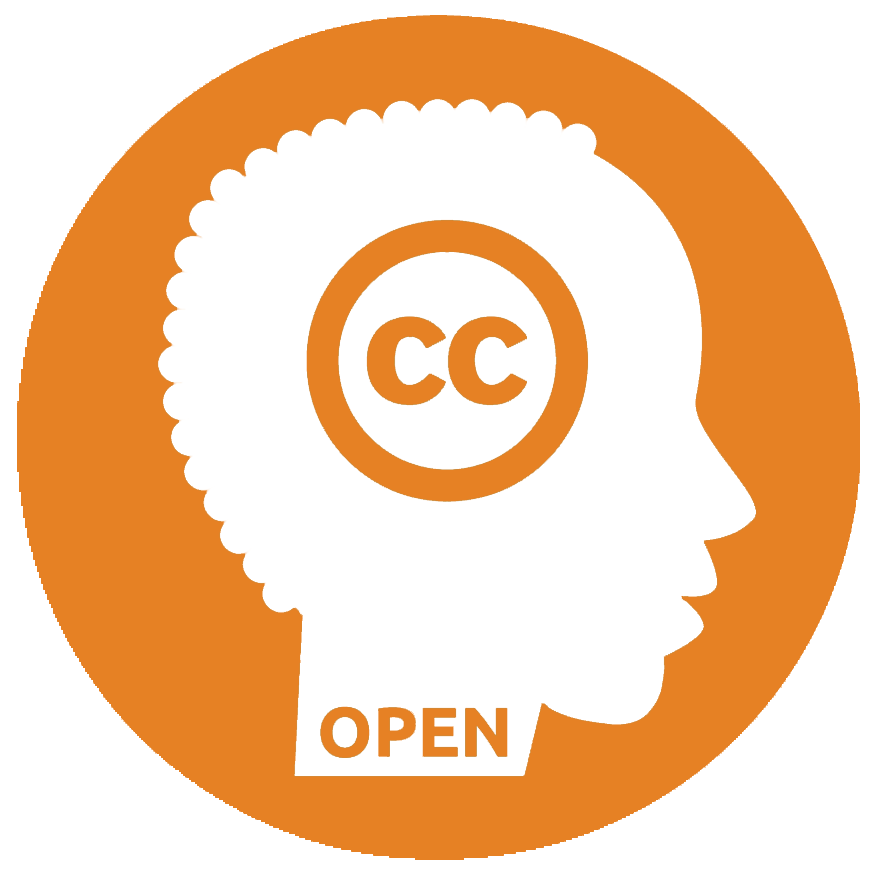A Meta-Analysis on Computer Technology Intervention Effects on Mathematics Achievement for Low-Performing Students in K-12 Classrooms
Resource type
Journal Article
Authors/contributors
- Ran, Hua (Author)
- Kasli, Murat (Author)
- Secada, Walter G. (Author)
Title
A Meta-Analysis on Computer Technology Intervention Effects on Mathematics Achievement for Low-Performing Students in K-12 Classrooms
Abstract
This meta-analysis extended the current literature regarding the effects of computer technology (CT) on mathematics achievement, with a particular focus on low-performing students. A total of 45 independent effect sizes extracted from 31 empirical studies based on a total of 2,044 low-performing students in K-12 classrooms were included in this meta-analysis. Consistent with previous reviews, this study suggested a statistically significant and positive effect of CT ([Formula: see text] = 0.56) on low-performing students’ mathematics achievement. Of four CT types, the largest CT effect was found with problem-solving system ([Formula: see text] = 0.86), followed by tutoring [Formula: see text] = 0.80), game-based intervention ([Formula: see text] = .58), and computerized practice ([Formula: see text] = .23). Furthermore, other moderators were found to explain variation in CT effects on low-performing students’ mathematics achievement. Study findings contributed to clarifying the effect of CT for low-performing students’ mathematics achievement. Implications for instructional design and practices are also discussed.
Publication
Journal of Educational Computing Research
Volume
59
Issue
1
Pages
119-153
Date
03/2021
Journal Abbr
Journal of Educational Computing Research
Language
en
ISSN
0735-6331, 1541-4140
Accessed
27/09/2022, 11:54
Library Catalogue
DOI.org (Crossref)
Citation
Ran, H., Kasli, M., & Secada, W. G. (2021). A Meta-Analysis on Computer Technology Intervention Effects on Mathematics Achievement for Low-Performing Students in K-12 Classrooms. Journal of Educational Computing Research, 59(1), 119–153. https://doi.org/10.1177/0735633120952063
Outcome measure
Instructional domain (subject)
Education Level and Type
Groups of students
School or home
Moderating variables
Tech Hardware
Tech Software
Tech mechanism
Teacher Pedagogy
Research methods
Effect size/ heterogeneity
HIC/LMIC
Quality of research
Geography if specific
Link to this record

